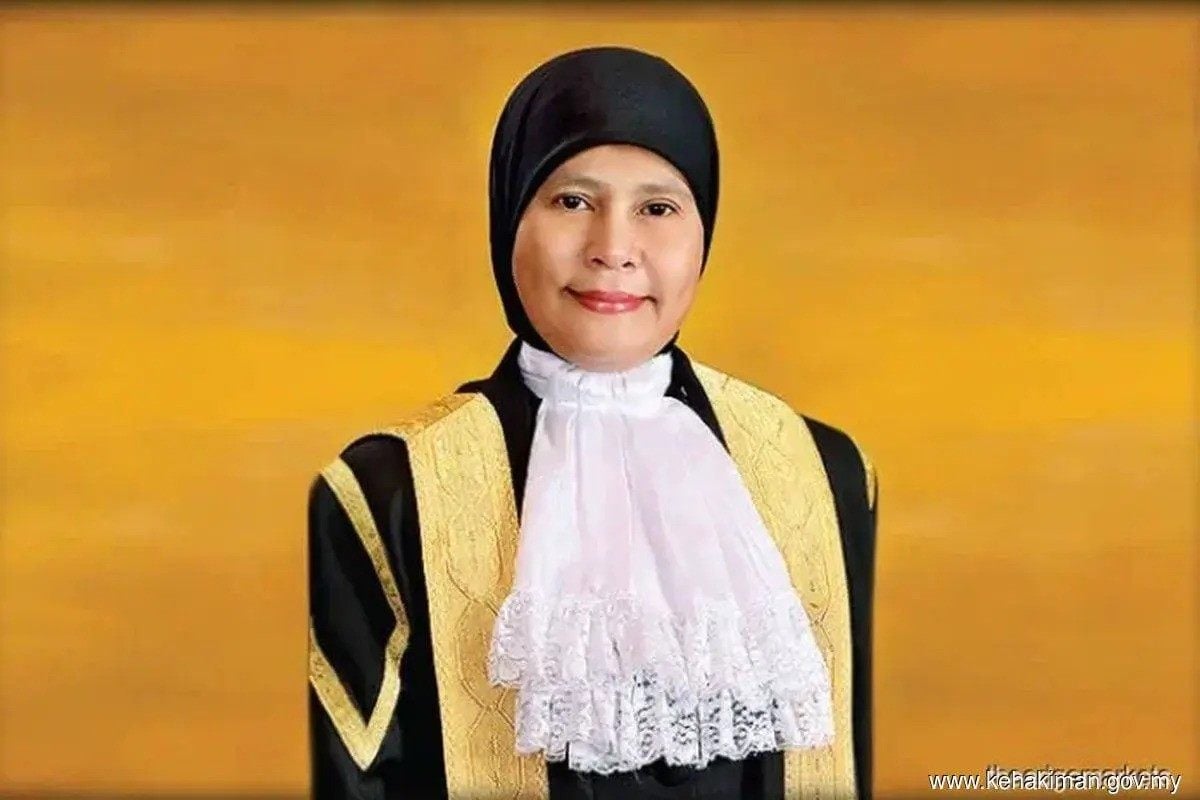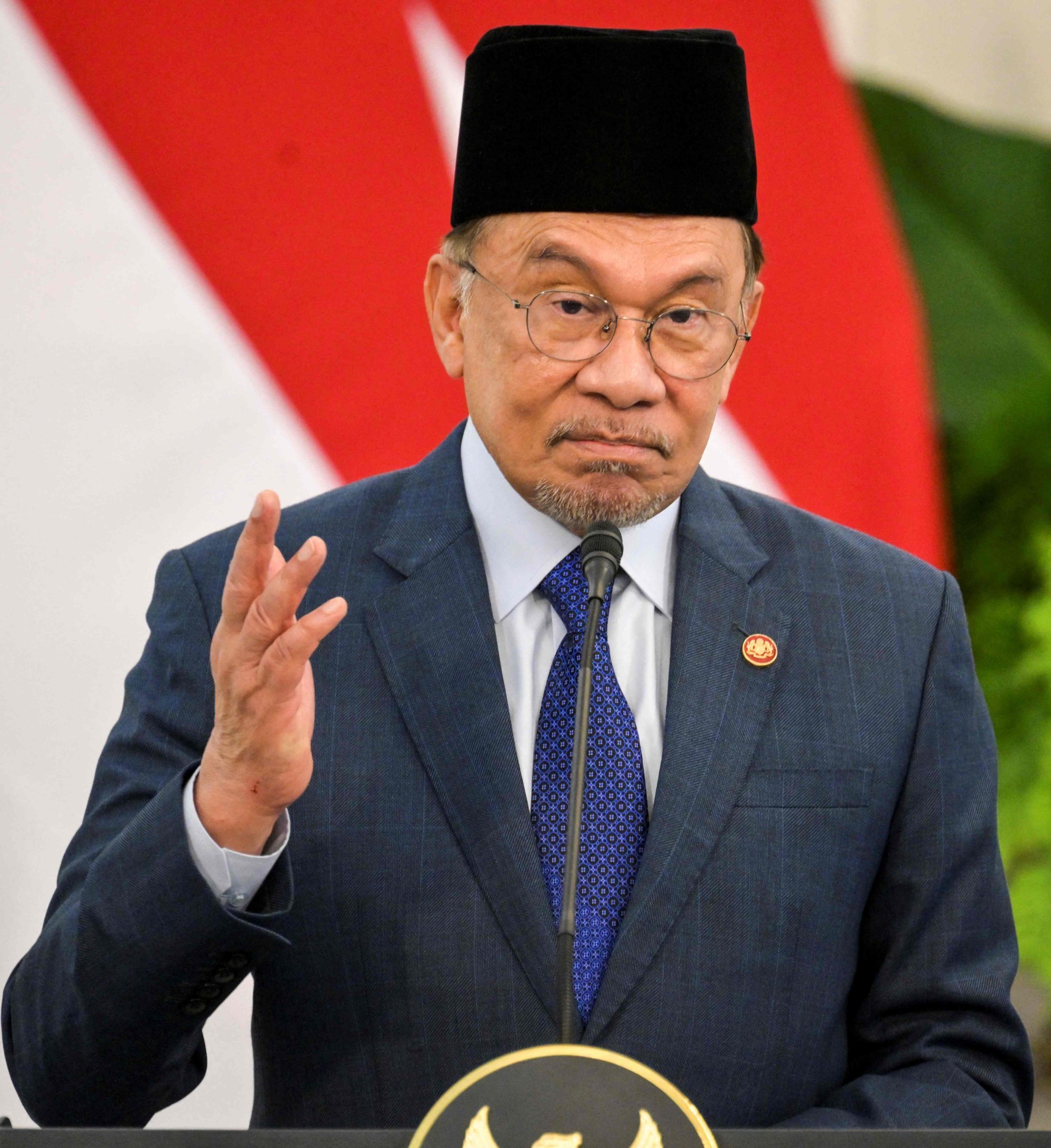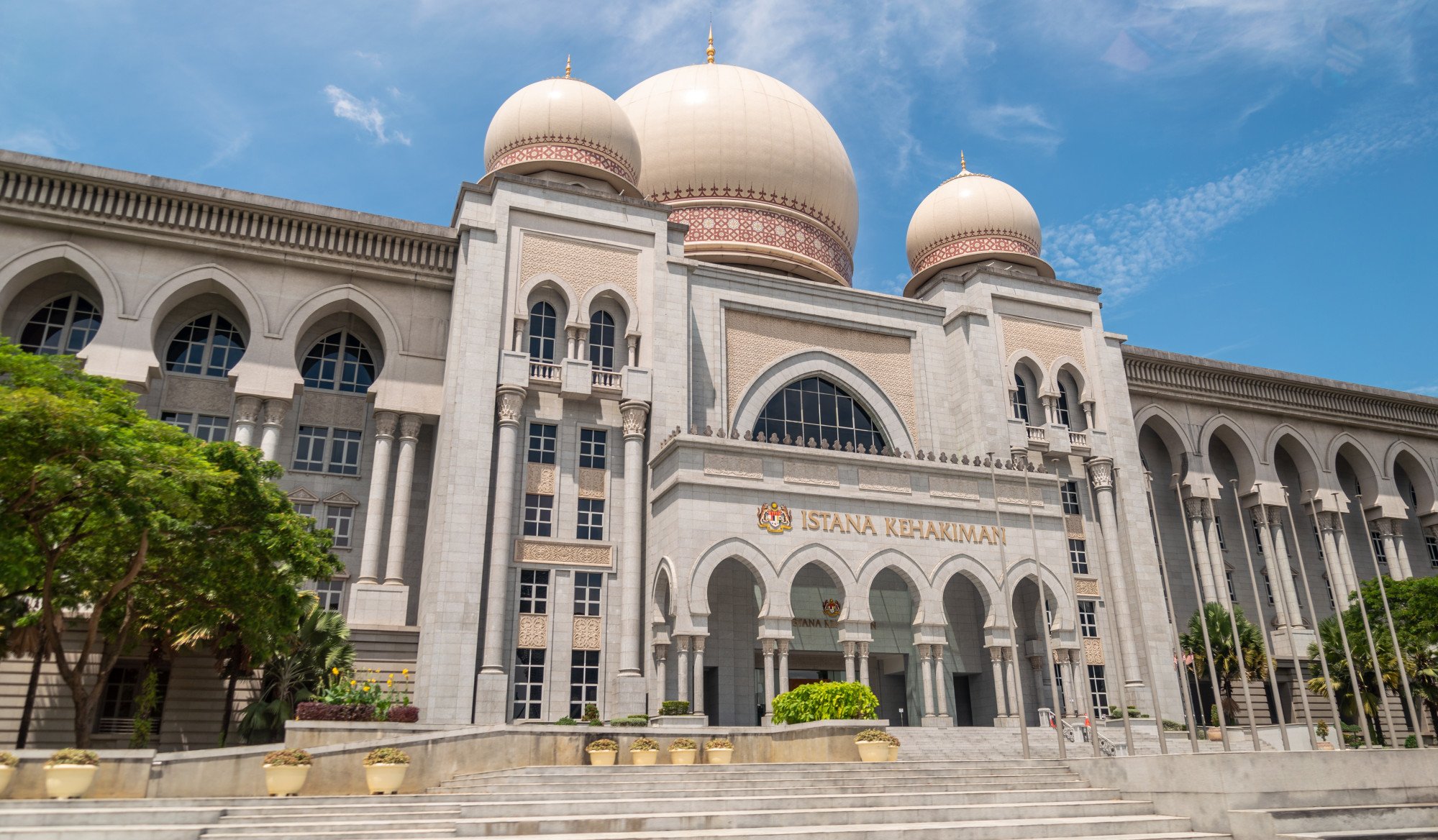‘Something is rotten’: concerns mount over Malaysia’s judicial vacuum
The DAP, a key ruling party, has made a last-minute appeal to the prime minister to grant a six-month extension, citing public confidence

Malaysia’s largest party in the ruling coalition has made a last-minute appeal to extend the tenure of the country’s two top judges as concerns over a leadership vacuum in the judiciary intensify.
At midnight on Tuesday, Tengku Maimun Tuan Mat’s tenure as chief justice officially ended as she turned 66, while Court of Appeal President Abang Iskandar Abang Hashim will reach the mandatory retirement age on Wednesday midnight. Although the constitution allows for a six-month extension, none has been granted.
With five other senior judges also set to retire by year’s end, the Democratic Action Party (DAP), the largest party in Prime Minister Anwar Ibrahim’s government, urged the prime minister to retain the judges, saying public confidence in the judiciary was “of paramount importance”.
“There will be many vacancies left in the Federal Court due to the recent and impending retirements of [the judges], which makes it all the more important to retain the current chief justice and president of the Court of Appeal to ensure a smooth transition of new appointees in due course,” the DAP’s Central Working Committee said.

Their appeal came after Anwar said he was being pressured by groups lobbying to retain the judges for their own interests. He defended his silence, saying it was to avoid interfering with judicial procedures, which included obtaining the king’s consent.
“All these procedures must be followed,” he said on Monday.
The Malaysian Bar Council, which had earlier criticised the prime minister’s inaction as “indefensible”, has called for an extraordinary general meeting on July 26 to discuss the top judicial vacancies and the independence of the judiciary.
Commenting on the announcement, lawyer and legal activist Lim Wei Jiet said “something is rotten” in the government. “The legal profession can sense what’s coming,” he said, adding that lawyers were closely watching the prime minister.
The Malaysian judiciary has been rebuilding its independence since the 1988 judicial crisis, when then prime minister Mahathir Mohamad sacked the chief justice and suspended several top judges, effectively curbing the courts’ power as an equal branch of government.
‘Prime minister still has too much power’
This current crisis has led to speculation that Anwar, who is facing a sexual harassment suit filed by his former assistant, is seeking a more amicable candidate as chief justice as he brings his argument of legal immunity before the Federal Court, the country’s apex court.
Despite Anwar’s attempt to distance himself from the matter, the law gives the prime minister broad power over judicial appointments – a point Tengku Maimun herself raised in January.

In a speech at the opening of the legal year, she noted that while an independent Judicial Appointments Commission now existed, the law still allowed the prime minister to reject candidates recommended by the commission.
“Even after its passing [in 2009], many quarters, including the Bar Council, have recommended changes to strengthen the act,” Tengku Maimun said. “Foremost concerns the fact that the prime minister still has too much power in the appointment of judges.”
In an ironic turn, Mahathir, who continues to be blamed for defanging the judiciary, has warned against political interference in appointing a new chief justice.
Alluding to rumours that the government was attempting to push less qualified individuals into the top judicial office, the former prime minister said on Monday: “If someone who has not been a judge, never been at the High Court or the Court of Appeal, is suddenly appointed as chief justice, that is not a good thing.”